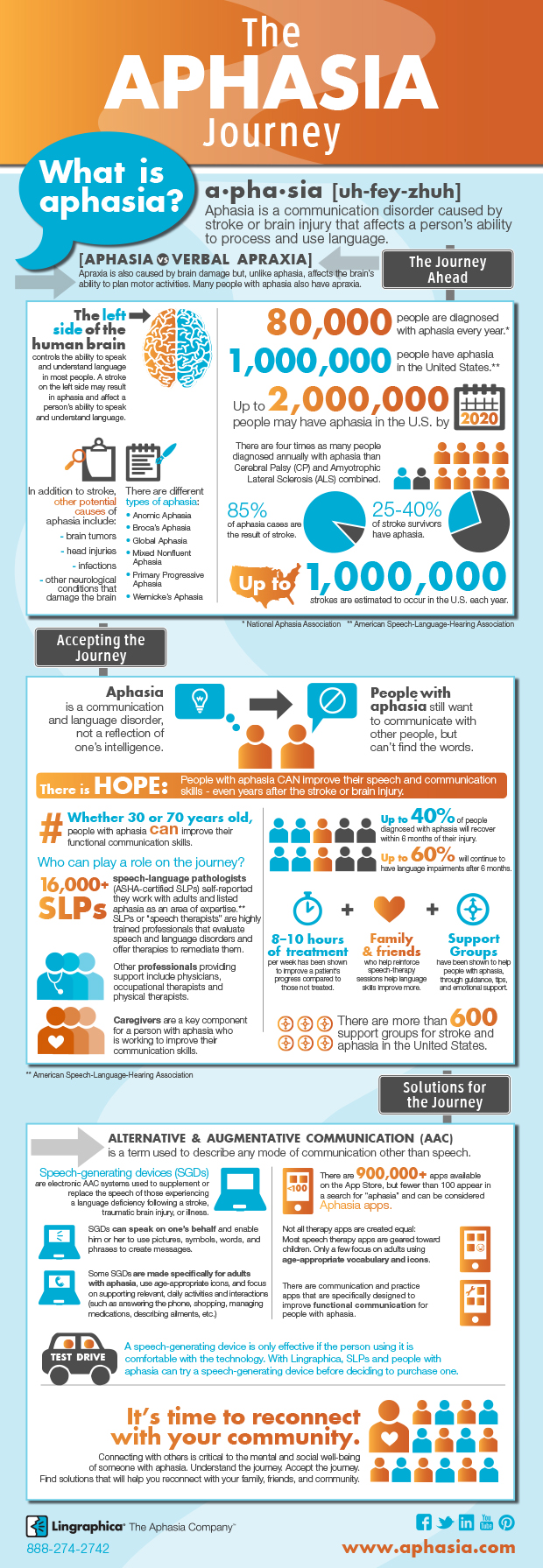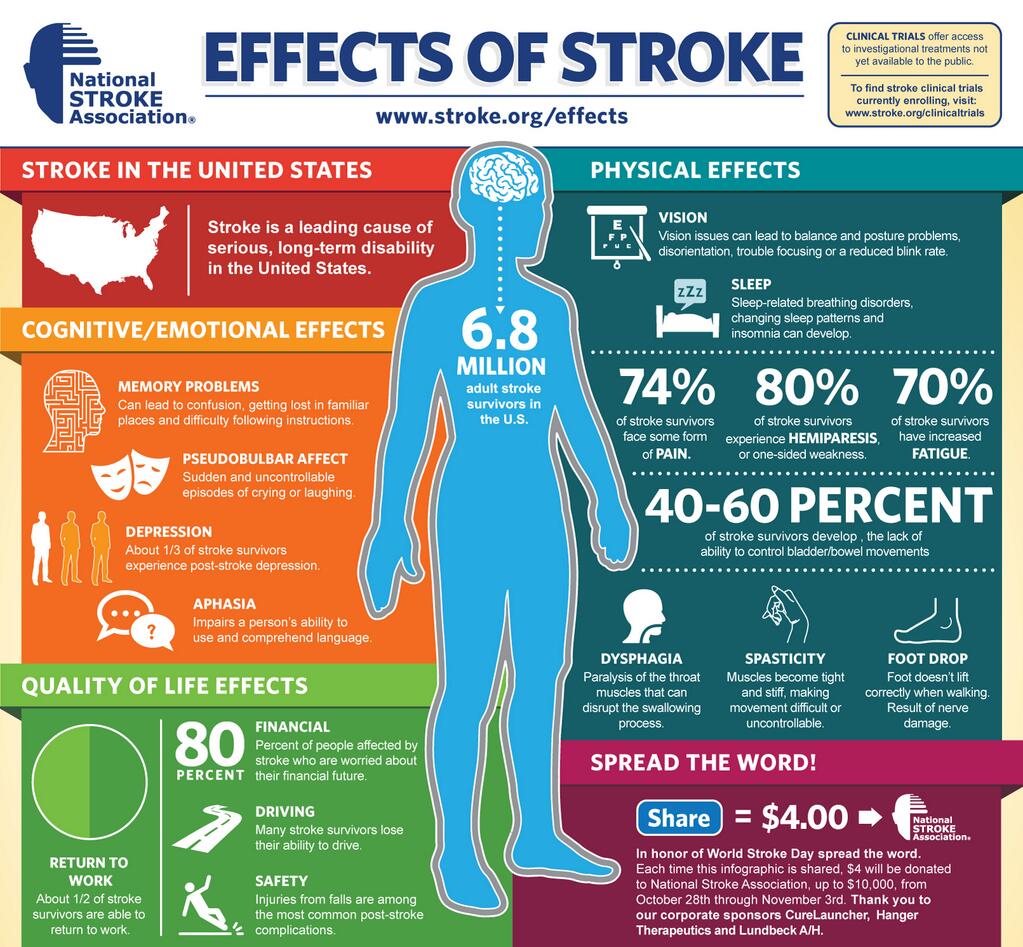 AD
AD
Today is: December 03
Scroll to explore events active on this date.
LEEP INK FEATURES

August? Absolutely!
In August, we live through the Dog Days of Summer. It's hot and often humid, and those who can leave for better climates do. Down south, winter is in full force. August is also known as "the ...

In The Heat of July: July 2025 Events
Is it hot enough (or cold enough if you're below the equator) for you yet? There is actually a day for that! Like every month, I pick a diverse collection of events you may or may not know about. This ...

May Blooms: Events in May 2025
Along with October, May is one of the most densely packed months of the year. It's before the summer humidity and the last whole month of the school year. The weather is warming in t...
About National Aphasia Awareness Month
United States
Ends: Jun 30, 2025
DESCRIPTION:
Aphasia Awareness Month is Sponsored by the National Aphasia Association each June to raise public awareness and understanding of aphasia and support persons with aphasia and their caregivers.
Aphasia is a neurological disorder that affects a person's ability to communicate in terms of understanding and producing language. It is most often caused by damage to the brain regions responsible for language processing, most commonly the left hemisphere. This damage can result from a stroke, traumatic brain injury, brain tumor, or degenerative neurological conditions like dementia.
Aphasia can manifest in various ways, depending on the location and extent of the brain damage. Common forms of aphasia include:
Broca's aphasia: Also known as non-fluent or expressive aphasia, this form is characterized by difficulty speaking and forming complete sentences. People with Broca's aphasia often have grammar problems and may speak in short, halting phrases. They typically understand the language better than they can produce it.
Wernicke's aphasia: Also known as fluent or receptive aphasia, this form is characterized by difficulty understanding language. People with Wernicke's aphasia may produce articulate speech, but their sentences may be nonsensical or contain invented words. They often need help understanding spoken and written language.
Global aphasia: This is the most severe form of aphasia, involving extensive damage to the language-processing areas of the brain. People with global aphasia have significant impairments in both speaking and understanding language.
Anomic aphasia: This form primarily affects a person's ability to find the correct words when speaking or writing. People with anomic aphasia can often speak fluently and understand language, but they may struggle to name objects or express specific ideas.
Primary progressive aphasia: This is a rare form of aphasia that results from neurodegenerative diseases. It typically starts with mild language difficulties that worsen over time, eventually affecting other cognitive functions.
Treatment for aphasia often involves speech and language therapy, which aims to help people improve their language skills and develop alternative communication methods. The effectiveness of treatment depends on various factors, such as the severity and cause of aphasia, the person's age, and their motivation to improve. In some cases, people with aphasia can regain most of their language abilities, while others may experience significant communication difficulties.
VIDEOS
SUPPORTING DOCUMENTS
ADDITIONAL IMAGES
Where would you like to go now?
 AD
AD






/footer-logo.svg)
